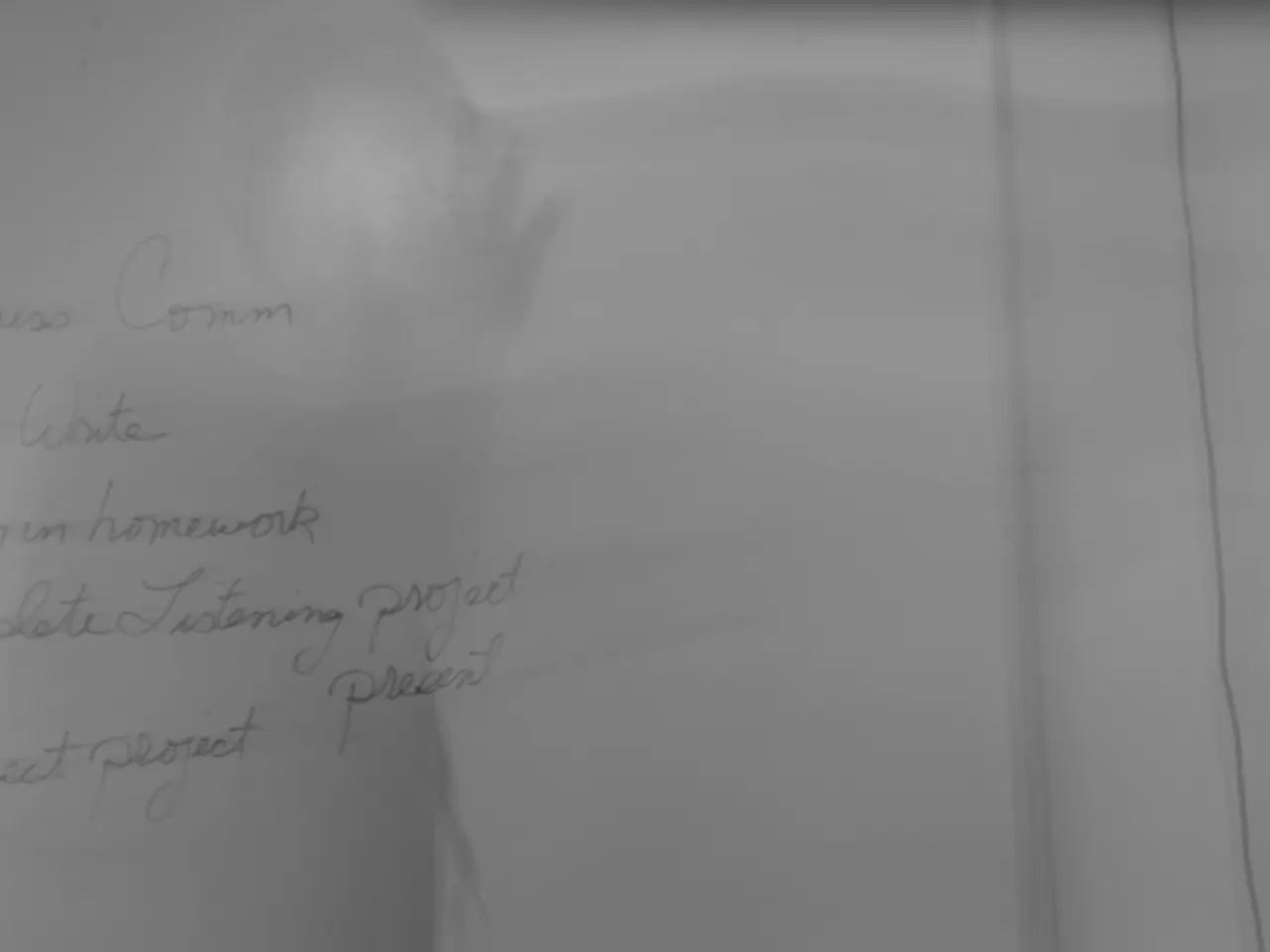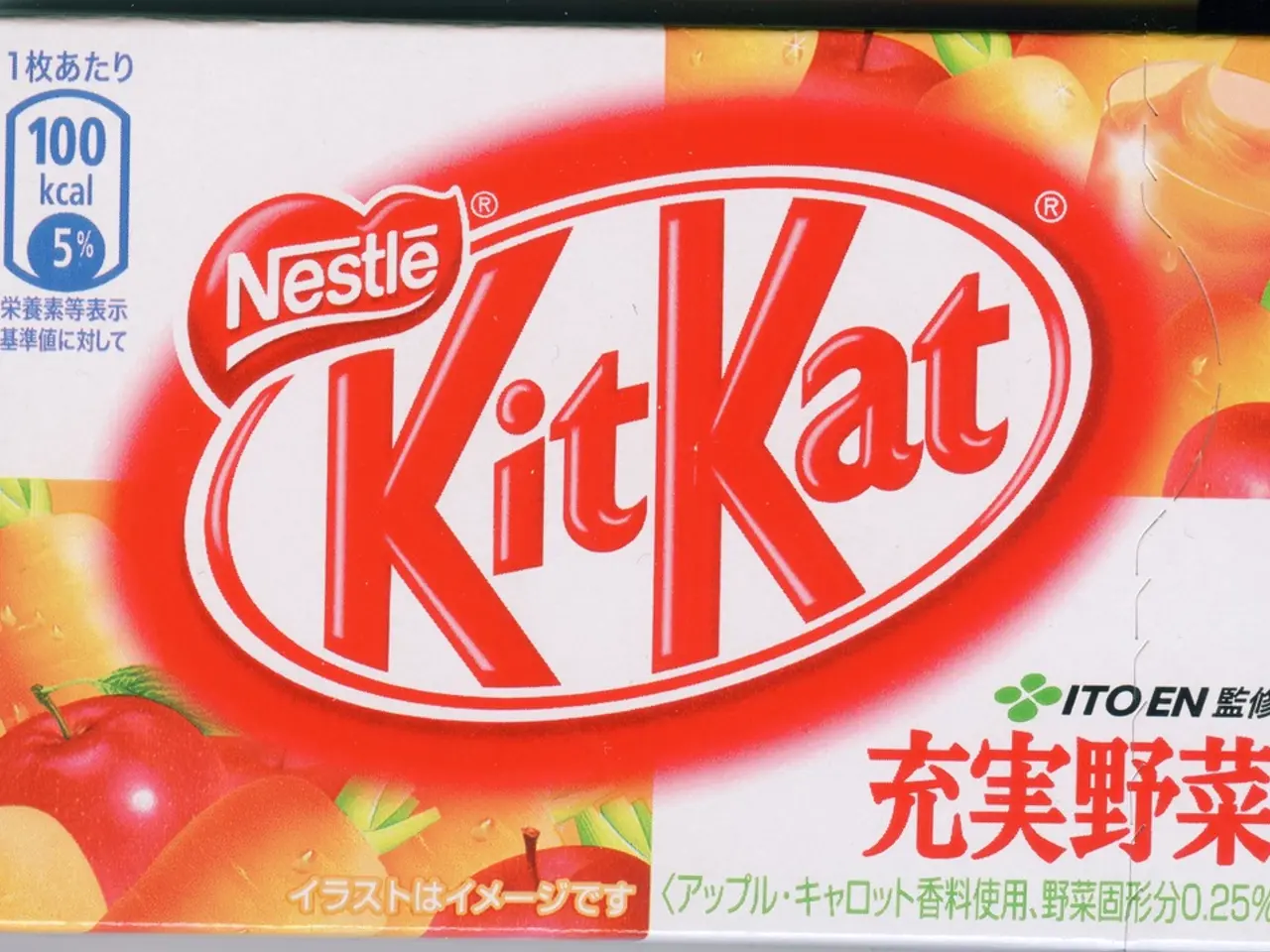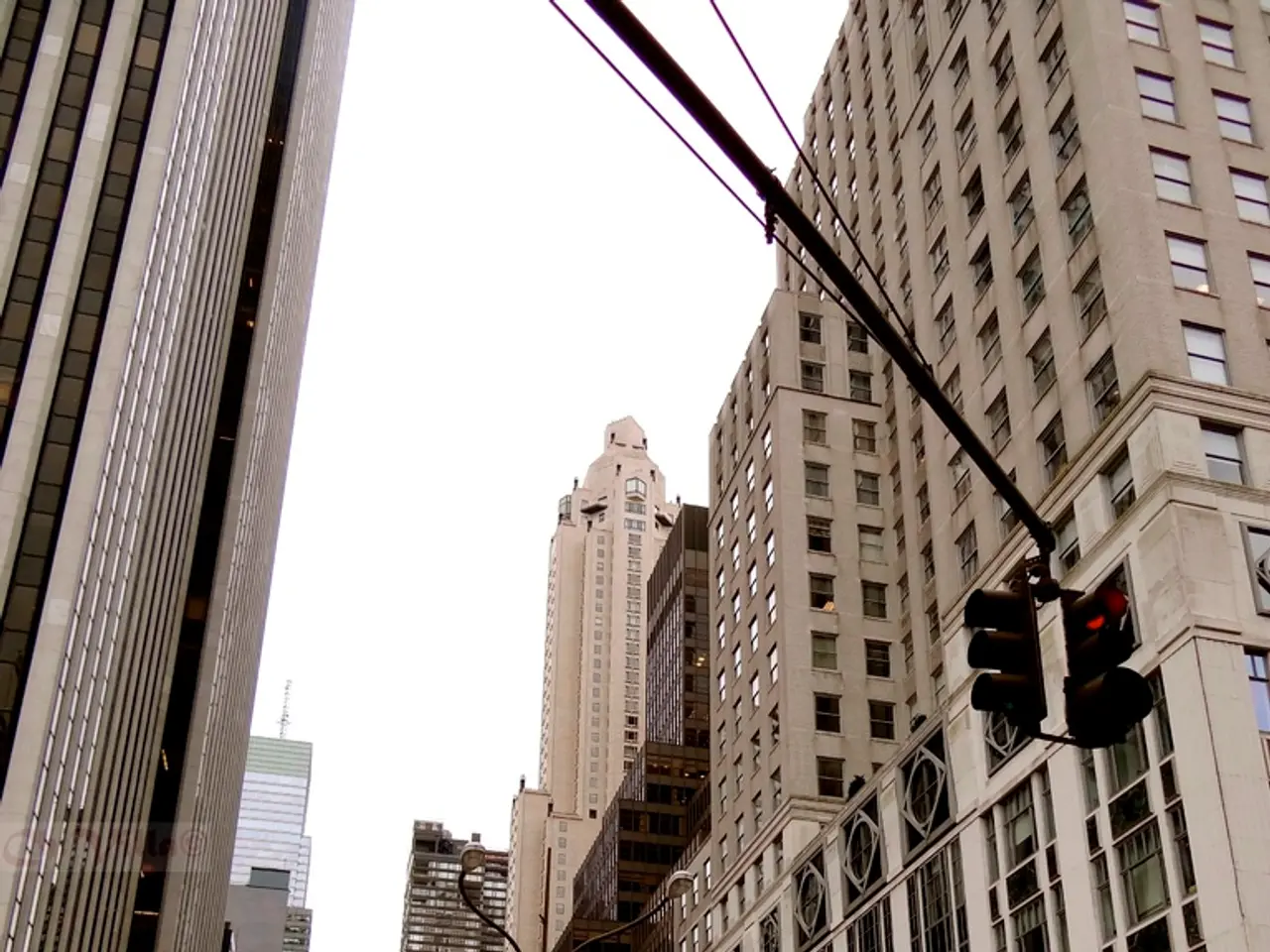Trump's former pro-worker cabinet appointee is now dismantling the Labor Department.
Since Lori Chavez-DeRemer was confirmed as U.S. Secretary of Labor on March 10, 2025, the Department of Labor has undergone significant changes, marking a shift from her initial pro-worker reputation to actions largely seen as undermining labor protections.
Initially viewed by unions and worker advocates as supportive of labor rights, the Department of Labor under Chavez-DeRemer's leadership has pursued a broad deregulatory agenda. One of the key developments is the proposal to rescind over half of existing workplace safety regulations, including those related to worker health and safety protections against harmful substances such as benzene, asbestos, lead, and cotton dust.
In addition, important wage protections have been targeted. For instance, the 2013 home health care worker rule, which gave in-home care workers minimum wage and overtime pay rights, and the 2024 farmworker protections rule, which aided vulnerable low-wage workers, are being rolled back. The Department also withdrew a proposed rule that would have eliminated subminimum wages for workers with disabilities.
Chavez-DeRemer's justification for these actions is the removal of "unnecessary" and "burdensome" regulations. However, labor advocates argue that these moves favour corporate interests over worker health, safety, and fair compensation.
Earlier in her confirmation process, Chavez-DeRemer expressed an interest in workforce development and reviewing H-1B visa caps to favour American workers after exhausting domestic training programs. However, these initial promises seem to have been overshadowed by her current policy agenda.
Notably, the Labor Department is proposing to narrow the application of OSHA's "general duty clause," potentially allowing employers to make the determination if a respirator is needed for specific chemicals, and exempting "professional, athletic, or entertainment occupations" from the rule. This proposal has been opposed by worker advocates due to concerns about workplace abuses and labor exploitation.
The department's proposal to rescind the regulation that guaranteed the right of migrant agricultural workers to host union organizers in company-owned housing has also been met with criticism.
The Labor Department's proposal to exempt certain occupations from the "general duty clause" was made in a case involving SeaWorld and a fine for the 2010 killing of trainer Dawn Brancheau by an orca. Eugene Scalia, who represented SeaWorld in the aforementioned case, is now a private attorney and was previously the Secretary of Labor under the Trump administration.
In a surprising turn, Chavez-DeRemer, who voted in favour of the PRO Act during her time as a Republican member of Congress, is now presiding over a department that is facing criticism for proposed rollbacks and deregulation efforts.
The U.S. Chamber of Commerce has objected to the heat-related rule, arguing that it is a "one-size-fits-all approach" that fails to account for regional conditions. The Labor Department, under Chavez-DeRemer, has also ordered a cease in enforcing a Biden administration rule that prevents businesses from designating workers as independent contractors.
Chavez-DeRemer has also announced a plan to rescind 63 regulations that were designed to help workers. This decision has further fuelled concerns among worker advocates and unions.
In conclusion, while Chavez-DeRemer had a reputation as a moderate and even pro-labor figure during her congressional career and nomination, her tenure as Secretary of Labor has seen the Department actively dismantle key workplace protections and roll back wage safeguards, consistent with an overall deregulatory and anti-worker policy agenda associated with the current Trump administration. Worker advocates and unions who were initially hopeful about her appointment have been disappointed by these developments.
- In contrast to her initial pro-worker reputation, the Department of Labor under Chavez-DeRemer's leadership is pursuing a broad deregulatory agenda, leading to criticisms from unions and worker advocates.
- The Department of Labor is proposing to rescind over half of workplace safety regulations, including those related to worker health and safety protections against harmful substances such as benzene, asbestos, lead, and cotton dust.
- The 2013 home health care worker rule, which gave in-home care workers minimum wage and overtime pay rights, and the 2024 farmworker protections rule, designed to aid vulnerable low-wage workers, are being rolled back under Chavez-DeRemer's leadership.
- In Los Angeles, the withdrawal of a proposed rule that would have eliminated subminimum wages for workers with disabilities has raised concerns about fair compensation.
- Opponents argue that Chavez-DeRemer's actions favour corporate interests over worker health, safety, and fair compensation, citing the narrowing of the application of OSHA's "general duty clause" and proposals to exempt certain occupations from the rule.
- In the realm of education, Chavez-DeRemer's tenure has been marked by plans to rescind regulations intended to help workers, fueling concerns among unions and worker advocates.
- In the political sphere, Chavez-DeRemer, who previously voted in favour of the PRO Act, is now presiding over a department that is being criticized for proposed rollbacks and deregulation efforts.
- While the U.S. Chamber of Commerce objects to some labor regulations like the heat-related rule, concerned with regional variations, others, such as the proposal to exempt businesses from designating workers as independent contractors, have been met with criticism.
- The entertainment industry has expressed concerns as the Department's proposal to exempt "professional, athletic, or entertainment occupations" from the "general duty clause" has been opposed by worker advocates due to fears of workplace abuses and labor exploitation.
- In health and wellness, the Department's proposed rescission of regulations could impact workplace-wellness programs and therapies-and-treatments, potentially affecting Medicare policy-and-legislation and general news stories about labor issues.




